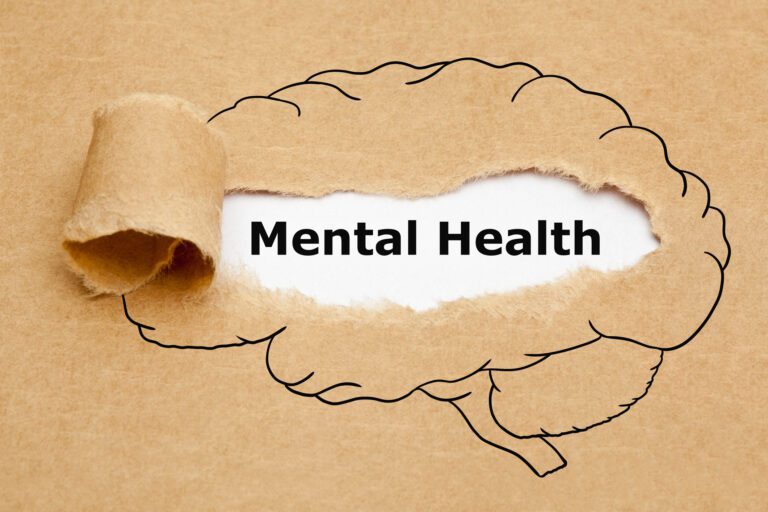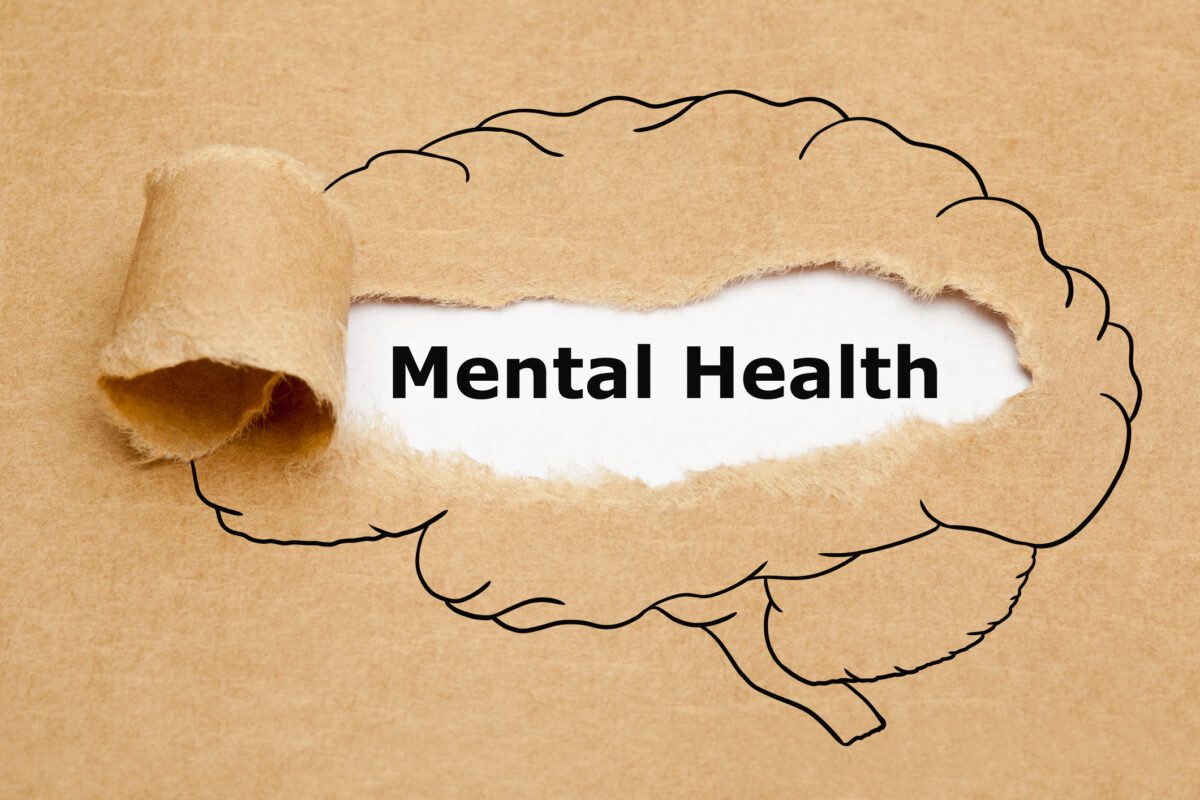College is an exciting time for young adults, offering newfound independence and a platform for personal growth. For many college students, it’s a period of exploration, forging friendships, and setting the foundation for their future careers. However, for those with Attention Deficit Hyperactivity Disorder (ADHD), the college journey can be uniquely challenging. It is important to understand that students may have struggles in college, but there are many strategies to help students thrive while in school.
The ADHD Student Experience: Unique Challenges
College life is rife with distractions – bustling campuses, social events, and the allure of newfound freedom. For students with ADHD, these distractions can be particularly overwhelming. Concentration and focus become constant battles, making it challenging to keep up with coursework, deadlines, and study sessions. Additionally, the shift to a more independent learning environment may expose previously unnoticed symptoms of ADHD, such as poor time management and organization skills.
Furthermore, the social aspect of college life can be especially taxing for individuals with ADHD. Building new relationships and navigating social interactions can be intimidating, leading to feelings of isolation and anxiety. Balancing academics, extracurriculars, and social commitments can be a Herculean task for these students, impacting their mental well-being and academic performance.
Seeking Support: Campus Resources
The good news is that colleges and universities are increasingly aware of the challenges faced by students with ADHD and are working to provide support systems. Many institutions offer disability services that cater specifically to students with ADHD. These services may include:
- Academic Accommodations: Extended time for exams, alternative testing environments, and note-taking assistance can level the playing field for students with ADHD.
- Study Skills Workshops: Specialized workshops can help students develop effective study strategies, time management skills, and organizational techniques.
- Counseling and Mental Health Services: These services can provide a safe space for students to discuss their challenges and emotions, offering coping mechanisms and emotional support.
- Support Groups: Connecting with peers who share similar experiences can be incredibly empowering for students with ADHD.
Personal Strategies for Success
While utilizing campus resources is crucial, students with ADHD can also adopt personal strategies to thrive in college:
- Establishing Routines: Creating daily schedules and sticking to them can enhance focus and productivity. Allocating specific times for studying, meals, and leisure activities can provide a sense of structure.
- Breaking Tasks Down: Breaking large assignments or projects into smaller, manageable tasks can make them less overwhelming and easier to approach.
- Utilizing Technology: Numerous apps and tools are designed to aid individuals with ADHD. From reminder apps to productivity trackers, technology can be a valuable ally in staying organized.
- Self-Advocacy: Encouraging open communication with professors can help students seek understanding and support when needed. Informing instructors about their ADHD and necessary accommodations can lead to a more inclusive learning environment.
The Journey of Resilience
Navigating college with ADHD requires resilience, patience, and self-compassion. Students should remember that setbacks are a part of the learning process, and seeking help is a sign of strength, not weakness. By acknowledging their unique challenges and seeking support, college students with ADHD can harness their potential and flourish during this transformative chapter of their lives.
Ultimately, college is a time for self-discovery and growth, and with the right tools and support, students with ADHD can excel both academically and personally, turning challenges into opportunities for success.














